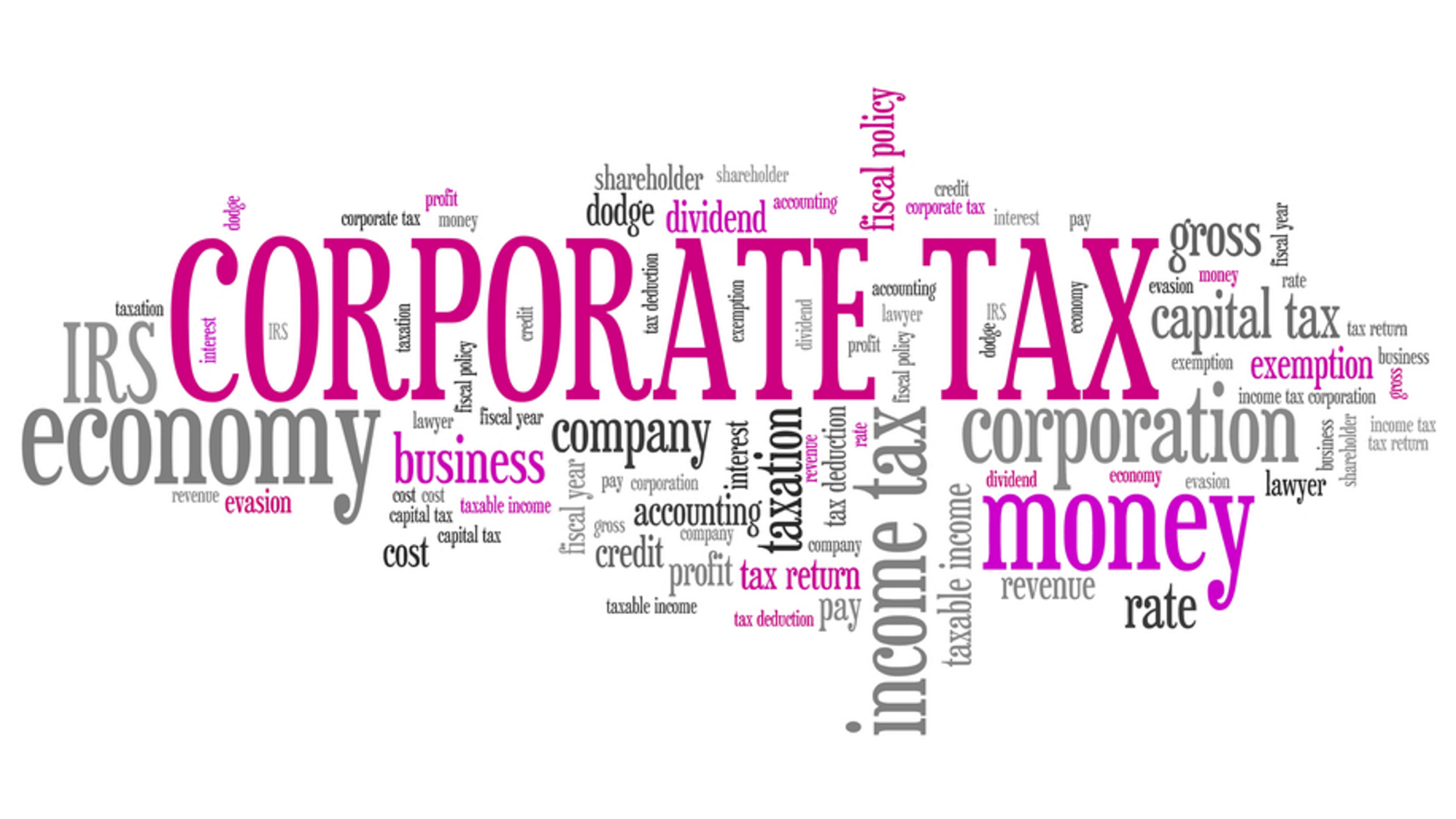What is corporation tax?
As a limited company owner, your company is liable to pay Corporation Tax on its profits. All UK companies are liable to pay tax on their profits, regardless of where in the world these profits were accumulated. We have put together this guide for you to understand what corporation tax is, how to account for it, be able to calculate it and the corporation tax rates and allowances.
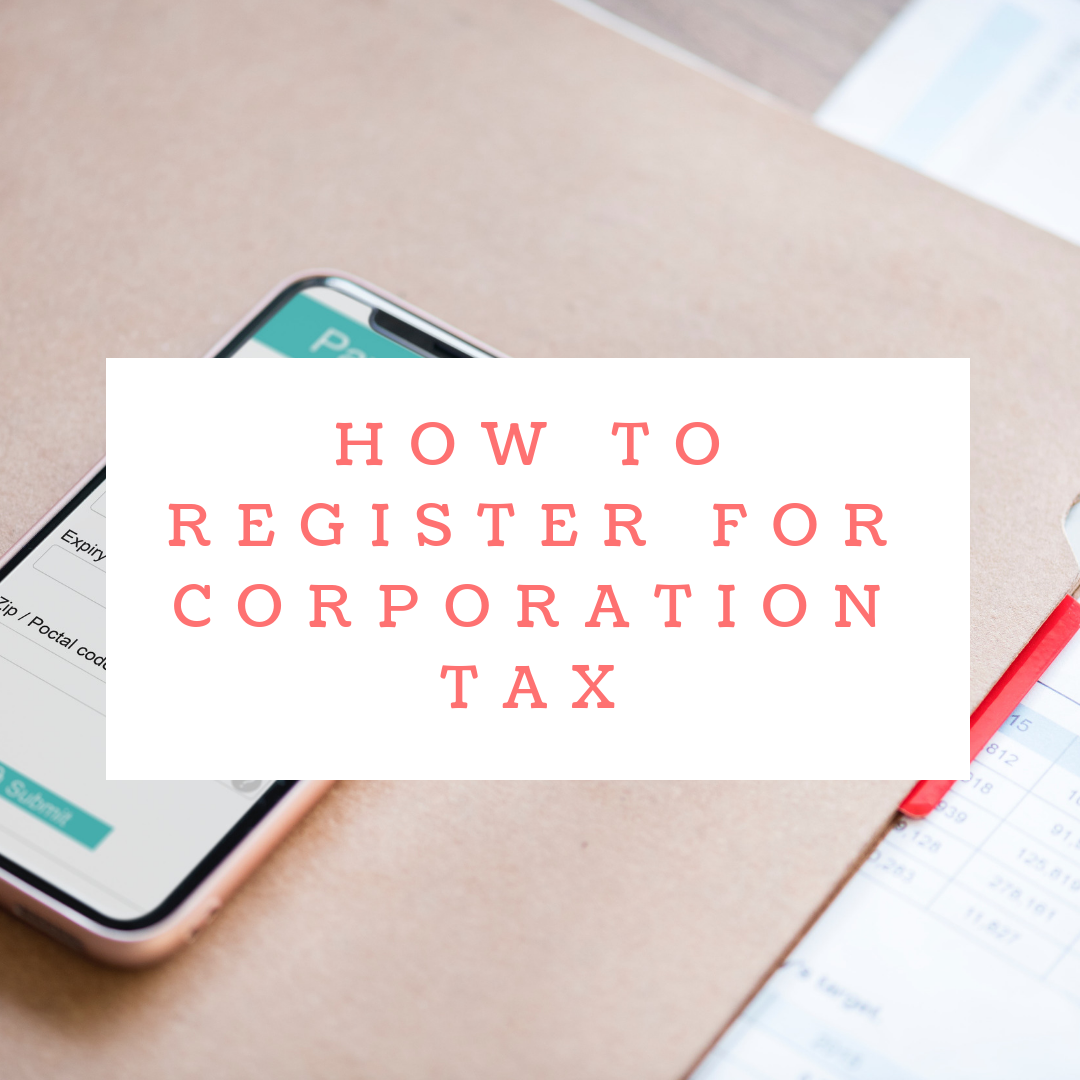
Registering for Corporation Tax
Most companies register for Corporation Tax and PAYE as an employer at the same time as registering with Companies House.
Once Companies House has approved the company, a certificate of incorporation will be issued. This will show the date of incorporation and the company registration number (which is unique).
Companies House will inform Her Majesty’s Revenue and Customs (HMRC) of the formation of a new company. HMRC will send a letter to all newly formed companies. The letter will include the company’s 10-digit Unique Taxpayer Reference (UTR).
The company must register for corporation tax (the tax paid by companies) online within three months of any business activities starting.
Unless you’re an accounting expert yourself, you will need to appoint an experienced accountant to deal with your tax affairs on your behalf, using Form 64-8 (or via the online authorisation service).
It is important to note that as a company director, you are ultimately responsible to ensure your tax returns are completely accurate and on time and that you settle your Corporation Tax liabilities by the annual deadline.
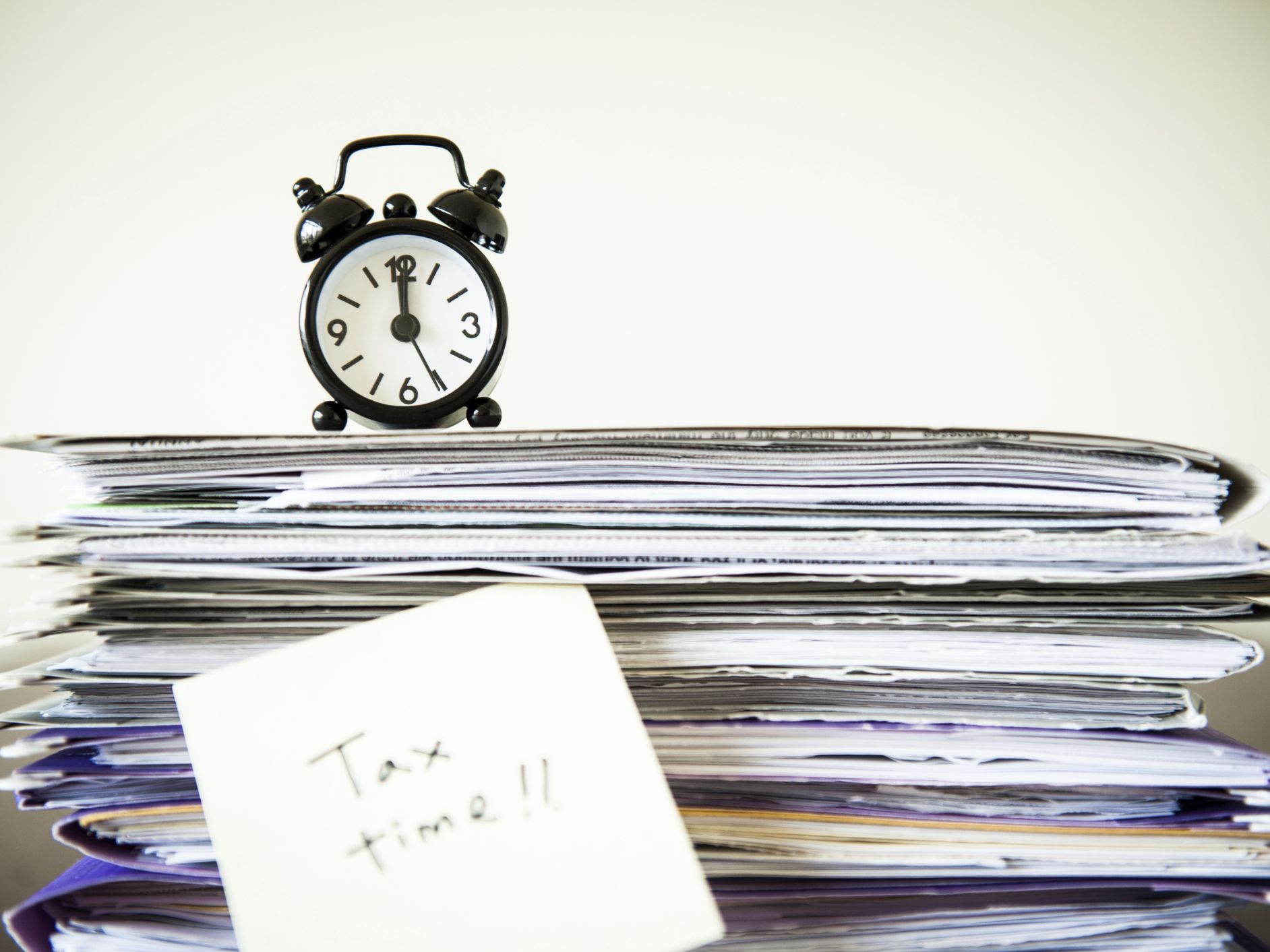
Deadlines for Corporation Tax
At the end of each Company financial year, an accountant will work out how much Corporation Tax you owe, and this amount must be set aside until payment is due. Many business owners set up a separate bank account to store future tax liabilities (also including VAT).
Unlike other taxes, the deadline for paying your tax liability falls before the date, by which you must file your tax return;
- Payment is due 9 months and 1 day after your company’s financial year-end
- Your tax return must be submitted within 12 months of the year end date
Your Corporation Tax Return (CT600) must be submitted to HMRC online, and your tax payment must be made electronically. You can elect to pay via direct debit (the best option), Billpay, or bank transfer.
The company also has a right to amend a return (for example changing a claim to capital allowances). The company has 12 months from the statutory filing date to amend the return.
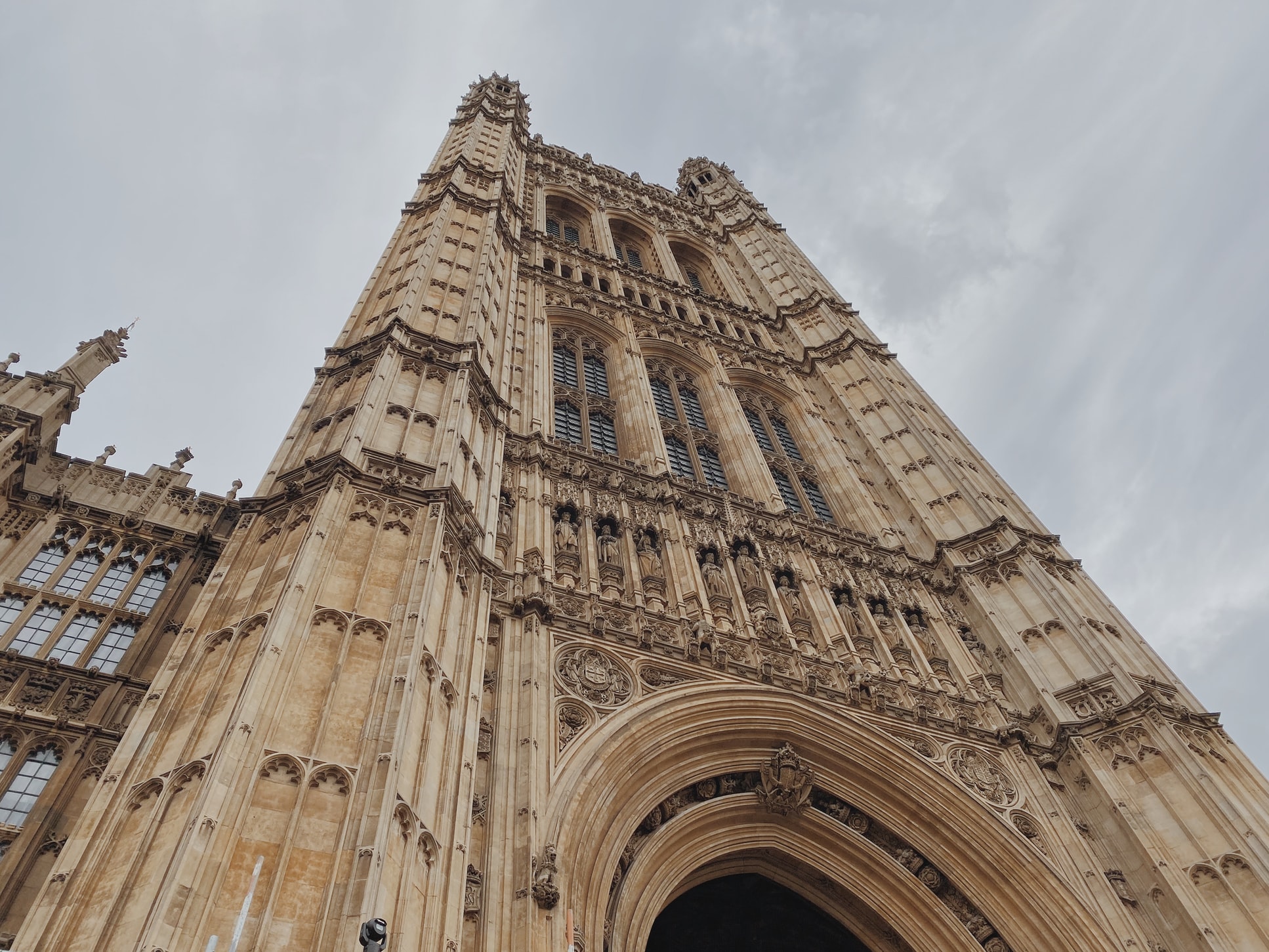
Corporation tax rates 2020/21
Over the past decade, the rates of Corporation Tax have fluctuated, and the current corporation tax rate payable by the vast majority of company owners – the ‘small profits rate’ – is 19%. This rate applies to companies that make profits of £300,000 or less per year.
Above this point, between £300,000 and £1.5m, companies can reclaim ‘marginal relief’, and beyond that, the main rate of Corporation Tax applies, which is currently 19%.
| 2017/18 | 2018/19 | 2019/20 | 2020/21 | |
| Percentage | 20% | 19% | 19% | 19% |
| Profits below | £300,000 | £300,000 | £300,000 | £300,000 |
| Profits above | £300,000 | £300,000 | £300,000 | £300,000 |
You can visit HMRC’s Corporation Tax pages here. including information on how to pay your Corporation Tax bill.
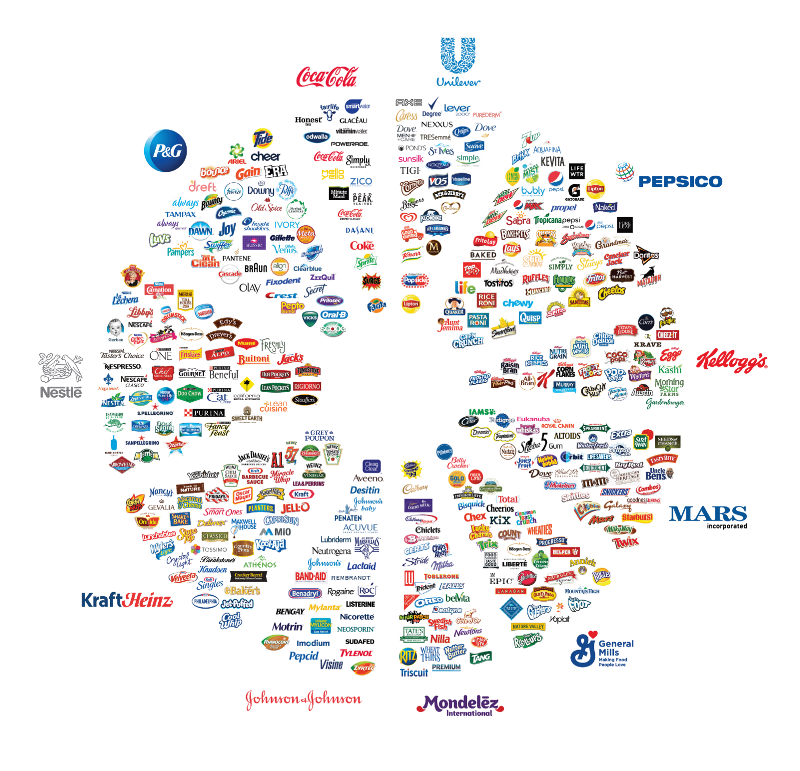
How are company profits taxed?
Your corporation tax return includes details of your profit or loss from your statutory accounts to work out how much corporation tax is due.
The annual accounts are useful as the balance sheet and profit and loss report provide data that will be used in the corporation tax return. But the profit you make is not necessarily directly linked to the amount of tax your company will pay as there are several reliefs, allowances and expenses you can claim to reduce the bill;
- First there are allowable expenses such as business travel or stationery that you can claim for
- Businesses can also carry forward losses from previous years to set against future profits
- There is also an annual investment allowance of £200,000 for items such as computers and printers.
You can offset any of this spending against your tax bill. So if your profits were £100,000 one year but you spent £20,000 on equipment, you would only pay tax on £80,000. You need to include all calculations for these expenses in your return.
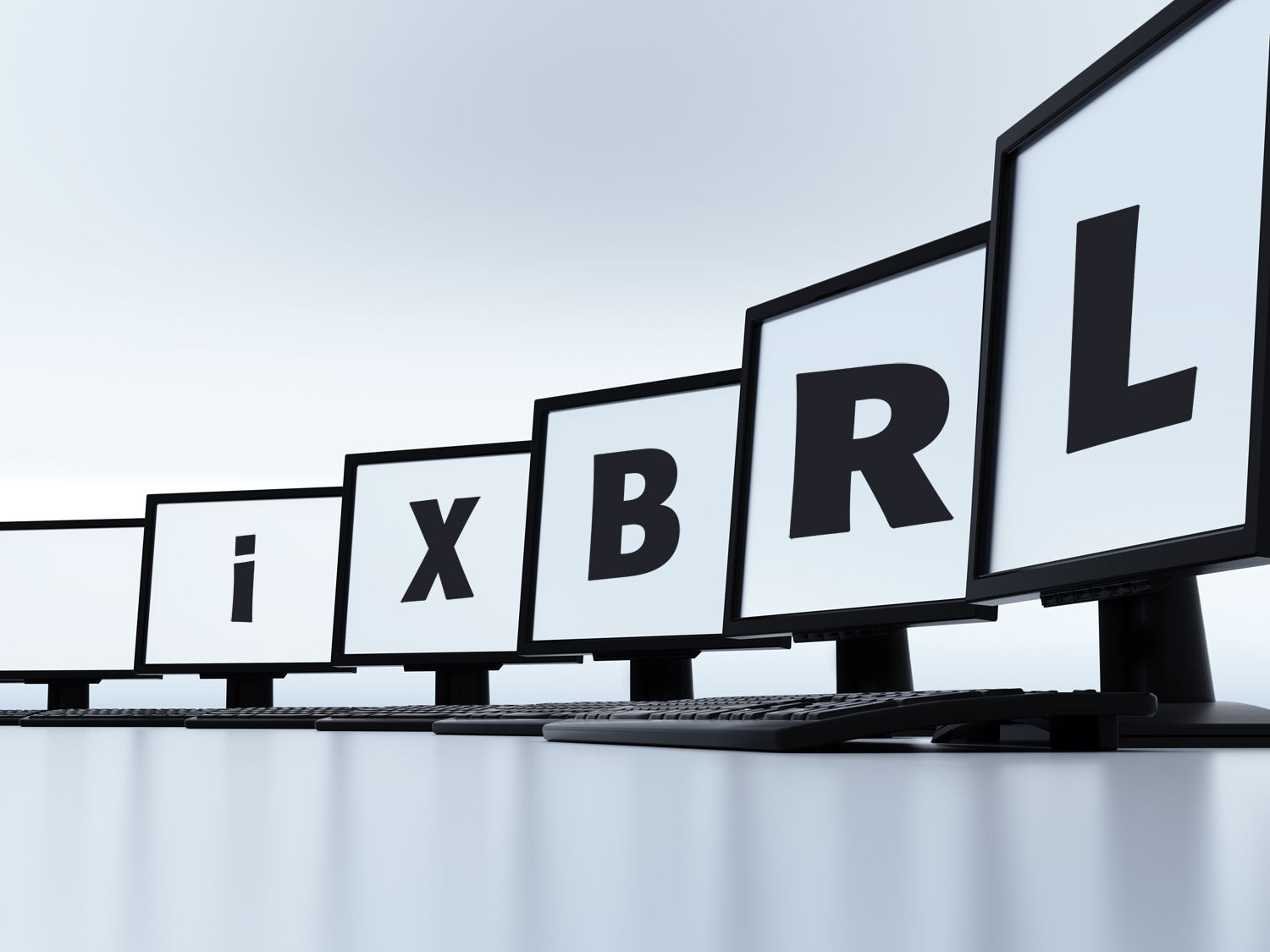
Filing your company tax return online
Corporation Tax clients must file their Company Tax returns online with accounts and computations in iXBRL format, and we can use the latest software available to ensure your accounts are tagged correctly and efficiently.
iXBRL tagging is a way of translating financial information into an electronic format. The tagging process is a variant of the eXtensible Business Reporting Language that is embedded within an “inline” HTML file so that the tagged accounts can be viewed in a web browser, while the XBRL data can be retrieved by other computer systems. This is then submitted and processed by central databases at government agencies such as HMRC and Companies House.
Legislation, which came into force on 1 April 2011, means that it is compulsory for companies to send their Company Tax Returns online using iXBRL for accounts and computations. In fact, since 1 November 2017, HMRC has rejected company tax returns with accounts or tax computations that are not in iXBRL format, again subject to -minimal exceptions.

What are the late filing penalties?
Penalties apply for late submission of the return of £100 if it is up to three months late and £200 if the return is over three months late. Additional tax geared penalties apply when the return is either six or twelve months late. These penalties are 10% of the outstanding tax due on those dates.

How can an accountant help with my tax return?
There’s always a balance for the small business between trying to save money on professional fees, as against having the assurance that you are getting the level of skill and experience to get things done in the most advantageous way.
All our company tax filings are checked by senior accountants and; using the best software and internal systems, we remind you and ourselves well in advance of any filing deadlines. This ensures we get the right paperwork from you to ensure all adjustments and allowances can be included in good time before your tax filing deadline.
At Ambiance, we can provide you with the following services;
- Registering you with HMRC and Companies House – Ambiance can offer Registration of a company with complete company formation guidance
- Preparation of corporation tax returns
- Determining corporation tax liabilities and repayments
- Advising you of tax payments and their payment deadlines
- Filing a corporation tax return with HM Revenue & Customs
- Keeping you up to date with current tax legislation and thresholds
- Research and development
- Patent Box
- Advanced tax planning

